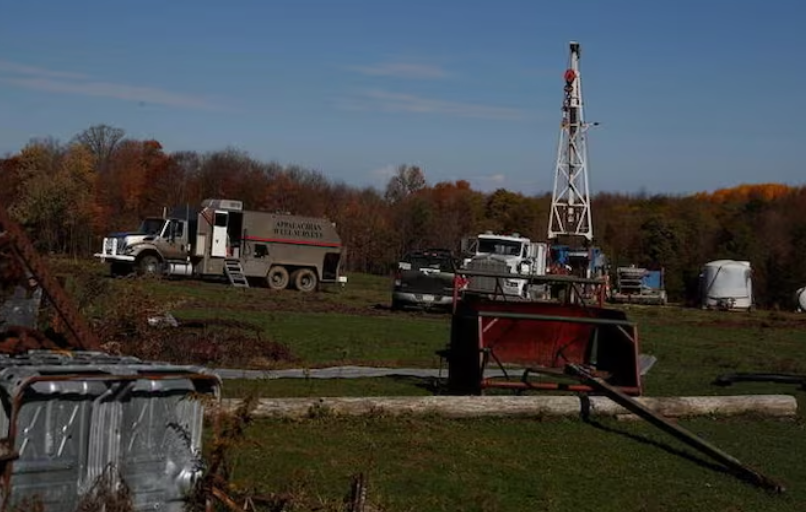Anadarko and other natural gas exploration and production companies successfully defeated a federal lawsuit in Pennsylvania that accused them of underpaying royalties to property owners with interests in thousands of acres of leased land. On Friday, U.S. District Judge Karoline Mehalchick in Scranton ruled that the plaintiffs lacked standing to pursue claims under federal antitrust law and failed to demonstrate that the companies had conspired to defraud them.
The plaintiffs, consisting of dozens of individuals and family member trusts with land situated above the natural gas-rich Marcellus Shale in Pennsylvania, lease their land to gas exploration and production companies. The lawsuit, filed in 2015, alleged that the defendants had divided geographic markets among themselves to reduce competition for gas mineral rights, operating rights, and gathering services, which include pipelines that transport raw natural gas from wells to processing plants.
The plaintiffs claimed that the gas companies imposed “unreasonable and artificially inflated gas gathering and transportation fees,” leading to reduced royalty payments. However, Judge Mehalchick dismissed the antitrust and other claims, including alleged violations of federal racketeering law. She allowed the plaintiffs 28 days to file an amended lawsuit.
Neither the plaintiffs’ lawyers nor the attorneys for Anadarko and the other defendants, including Williams Partners (formerly known as Access Midstream Partners), immediately responded to requests for comment. Houston-based Occidental Petroleum, which acquired Anadarko in 2019 for $38 billion, also did not respond, though it was not a defendant in the case after being dropped from the lawsuit last year.
The defendants consistently denied any wrongdoing. The plaintiffs stated that they hold royalty interests in natural gas produced from over 12,000 acres of land. Anadarko argued in April that the landowners had tried “to turn a basic contract dispute over royalty payments into an antitrust scheme,” and contended that the plaintiffs failed to show how “unrelated, legitimate business agreements” amounted to an antitrust violation.
Judge Mehalchick noted that the plaintiffs’ lawsuit “does not support that each defendant was even aware of each other’s conduct, never mind had a unity purpose.”
The case is A&B Campbell Family LLC et al v. Chesapeake Energy et al, U.S. District Court, Middle District of Pennsylvania, No. 3:15-cv-00340-KM.

